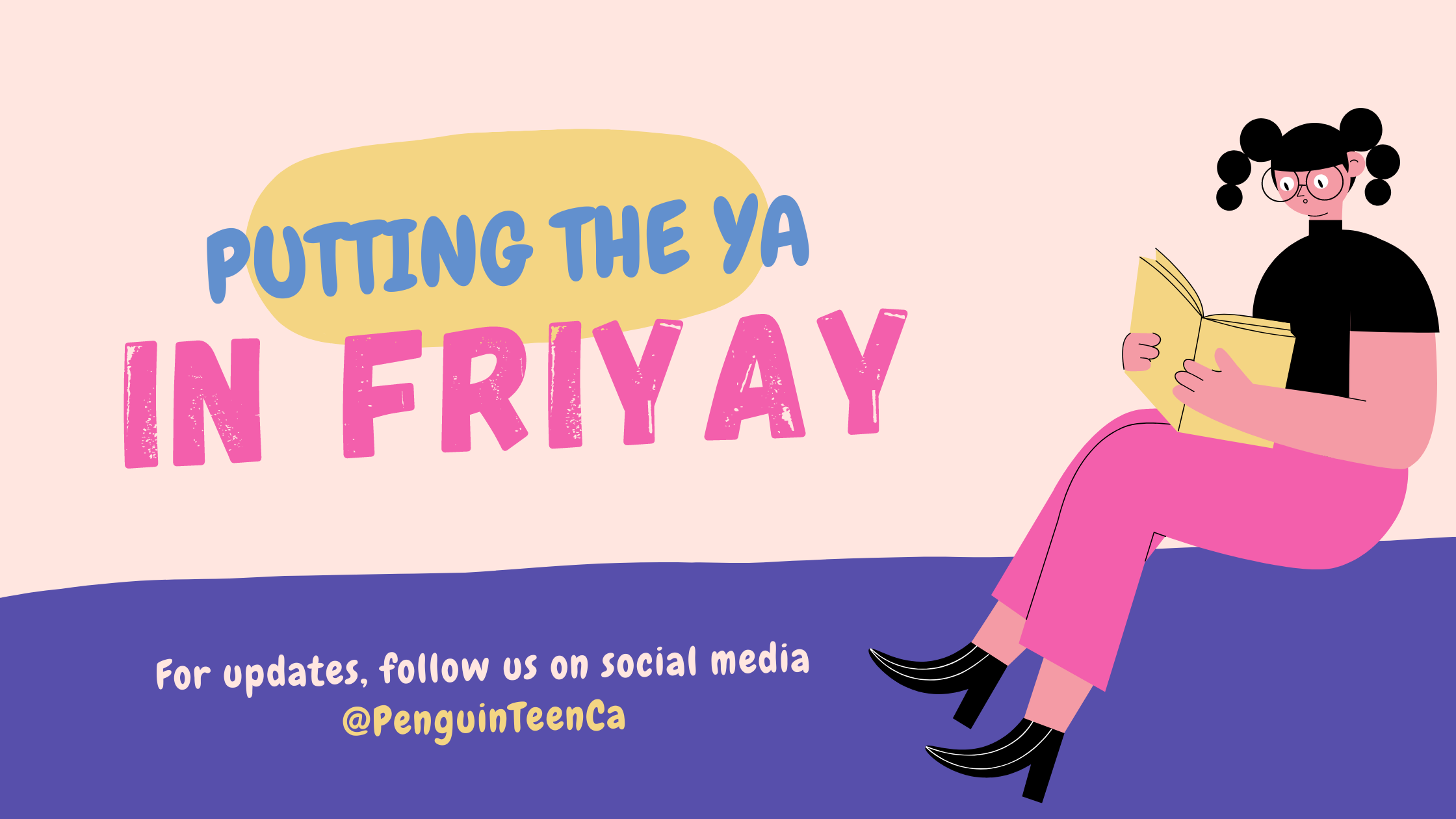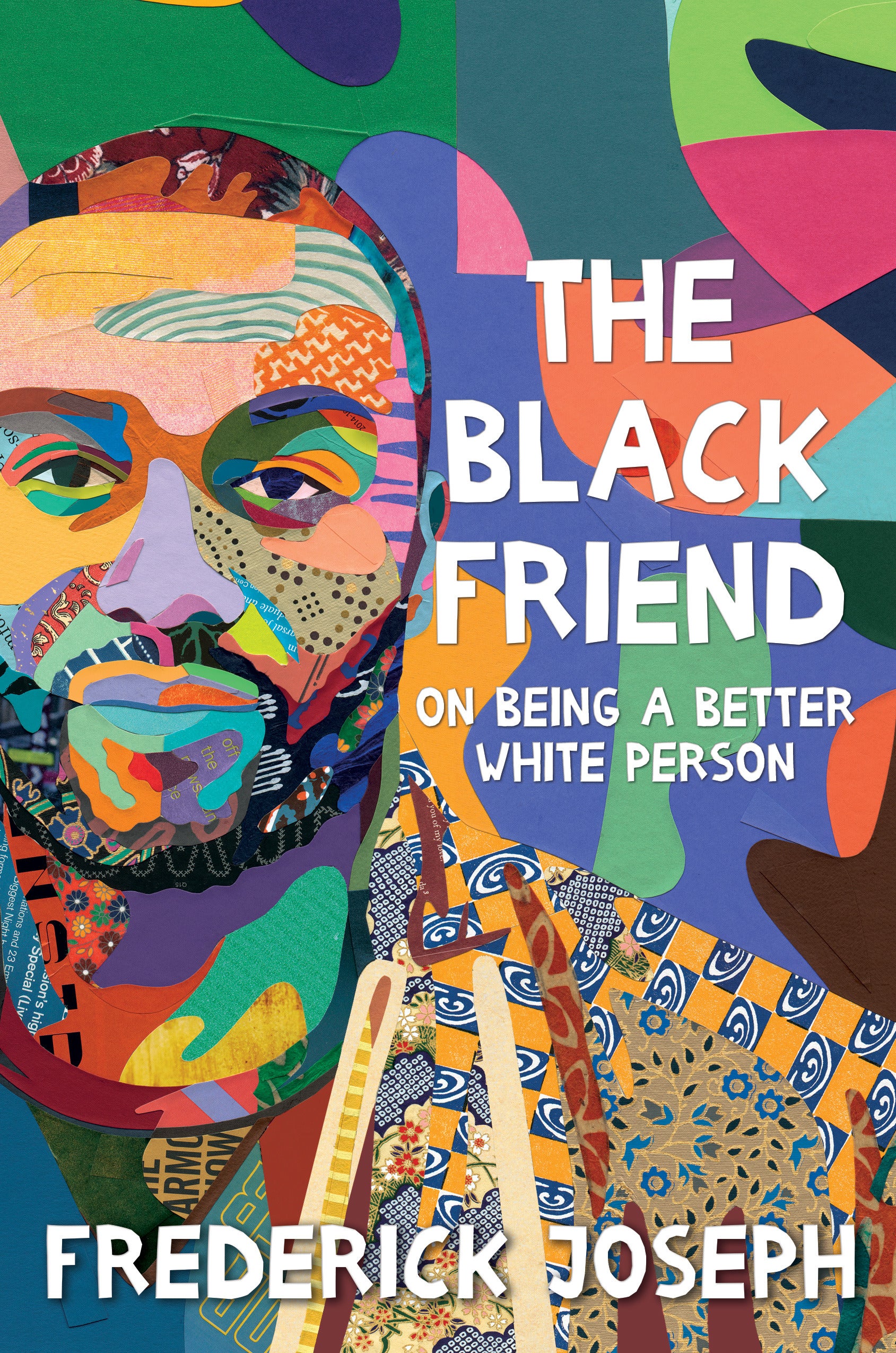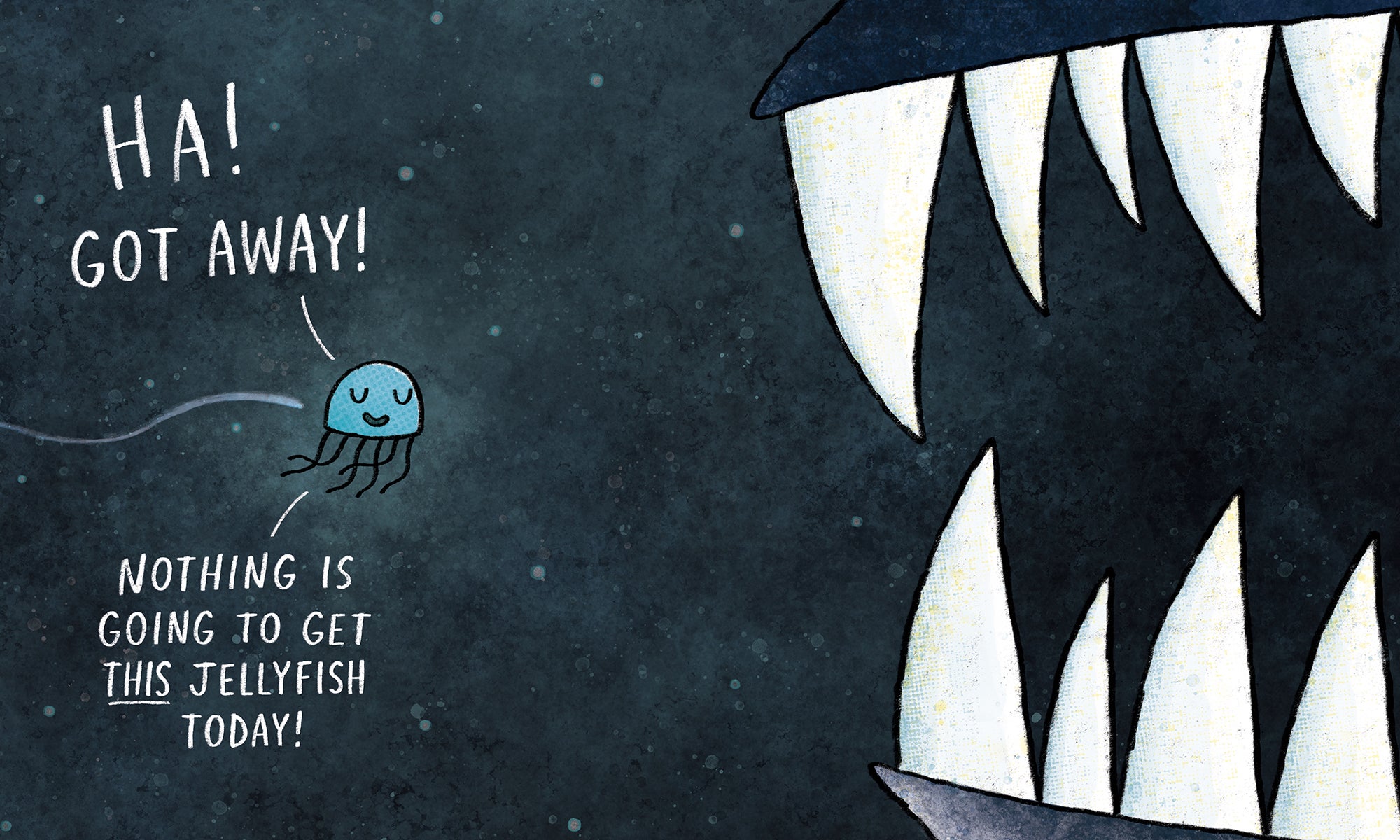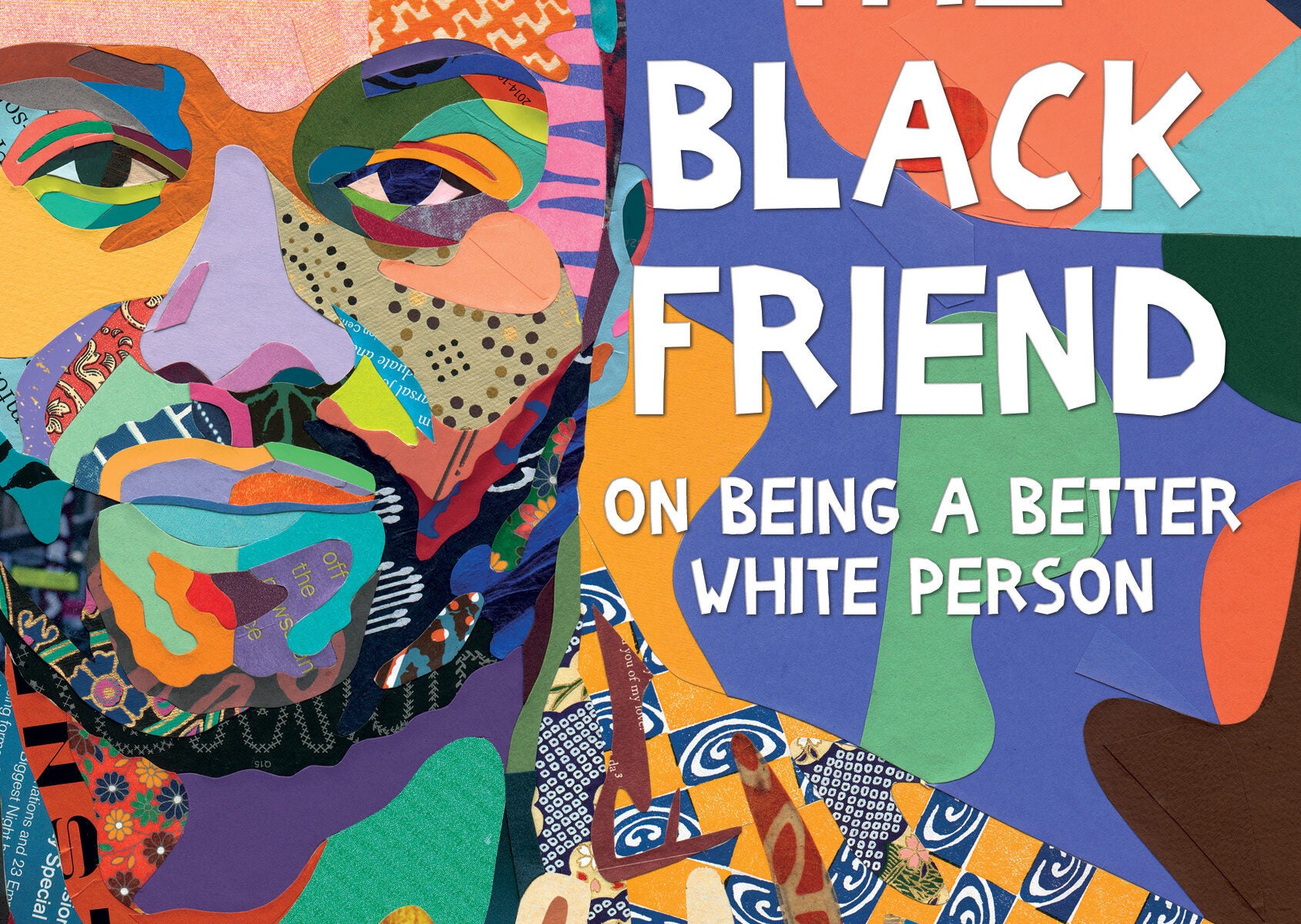
We got a chance to ask Frederick Joseph a couple of questions about his New York Times bestselling book, The Black Friend, and his answers will inspire you.
Tell us about The Black Friend – what inspired it?
The Black Friend was inspired by a moment of racism I faced while taking the subway to work a few years ago. I sat next to a young white woman who clutched her purse as soon as I sat down, as if I was going to steal from her and then moved her seat next to a white man. I tweeted about the incident and how racist her actions were and many people argued that her actions were in fact not racist. I then realized that we have a very long way to go as a society in understanding that racism is a spectrum and microaggressions are one of the most consistent manifestations of daily racism non-white people face. I wanted to create a text that helped people further understand that fact.
You’ve been behind two successful campaigns – #BlackPantherChallenge and #RentRelief – can you tell us about how both of those started? Did you get the results you expected?
Both campaigns started by me recognizing a need in our society and wanting to do what I could to help alleviate it, though the two needs are very different. #RentRelief is likely the most practical for many. People are facing economic hardship because of the pandemic, so I raised money to send funds in hopes that it would help them during their troubles. As far as the #BlackPantherChallenge, that’s a bit more nuanced. I created that campaign because oftentimes when we discuss marginalized young people, we only talk about how to help them survive. But I believe joy is a very important part of youth as well. So I raised money to give young people a moment for joy and to see themselves represented on screen.
What other writing projects are you currently working on?
This is top secret for the moment. But I will say, I’m going to continue to find ways to support marginalized communities through my writing, especially women and the LGBTQ+ community.
You interviewed so many inspiring people for The Black Friend – were there any people you wish you could have included?
I do wish that I could have had someone who is Native American in the book. I was working on firming up time to interview three amazing people, but scheduling didn’t work out. But I will do everything in my power to get them in a future project.
Related: Who would be at your dream dinner party (once dinner parties are a thing again)?
At my dinner party hmmmm . . . You didn’t specify whether they have to be alive. So I’ll say, my fiancée, Malcolm X, Coretta Scott King, Ayanna Pressley, my editor Kaylan Adair, LeBron James, and Fred Hampton.
You provided an excellent list of recommendations in the appendices. Since releasing the book, is there anything else you’d add to those lists (book, movies, music, people to Google)?
There are SOOOO many pieces of art I wish I could have added to the list. But on my mind at this moment is the upcoming film Judas and The Black Messiah.
How have you been keeping yourself busy during the pandemic?
I’ve kept busy by moving to a new home, writing my top secret projects, and having amazing discussions such as this.
Anything else you want to share with readers?
I want to share one thought with readers: Prioritize your mental health. So much is going on in our world and I want you all to do things to heal and find your peace mentally and emotionally.
Thank you, Fred! If you haven’t picked up The Black Friend yet, it’s a powerful read.
 The Black Friend: On Being a Better White Person
The Black Friend: On Being a Better White Person
By Frederick Joseph
272 Pages | Ages 12+ | Hardcover
ISBN 9781536217018 | Candlewick
For Frederick Joseph, life as a transfer student in a largely white high school was full of wince-worthy moments that he often simply let go. As he grew older, however, he saw these as missed opportunities not only to stand up for himself, but to spread awareness to those white people who didn’t see the negative impact they were having. Speaking directly to the reader, The Black Friend calls up race-related anecdotes from the author’s past, weaving in his thoughts on why they were hurtful and how he might handle things differently now. Touching on everything from cultural appropriation to power dynamics, “reverse racism” to white privilege, microaggressions to the tragic results of overt racism, this book serves as conversation starter, tool kit, and invaluable window into the life of a former “token Black kid” who now presents himself as the friend many readers need. Backmatter includes an encyclopedia of racism, providing details on relevant historical events, terminology, and more.

